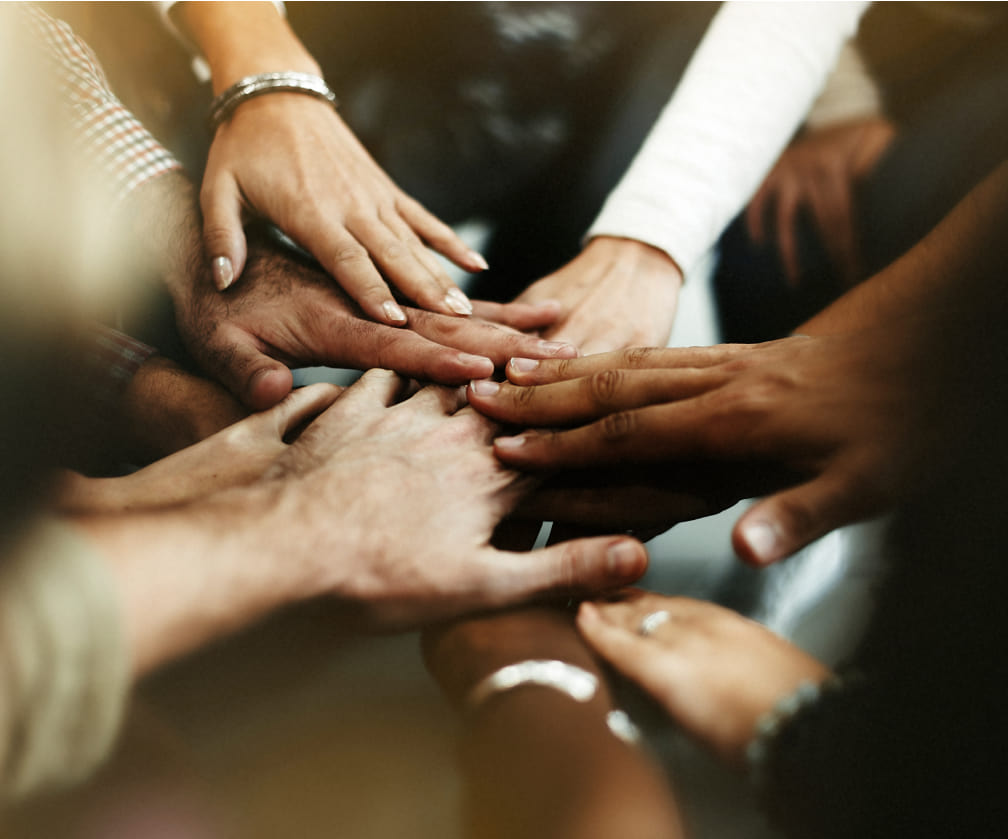
Online Donation
Your donation helps us to continue to use the power of technology to make an impact in health systems and provide underserved communities with the tools they need to lead healthier lives.

Your donation helps us to continue to use the power of technology to make an impact in health systems and provide underserved communities with the tools they need to lead healthier lives.
Subscribe to our Newsletter
Sign up for our newsletter and get all the inside scoop on what’s happening at ehealth Africa.
